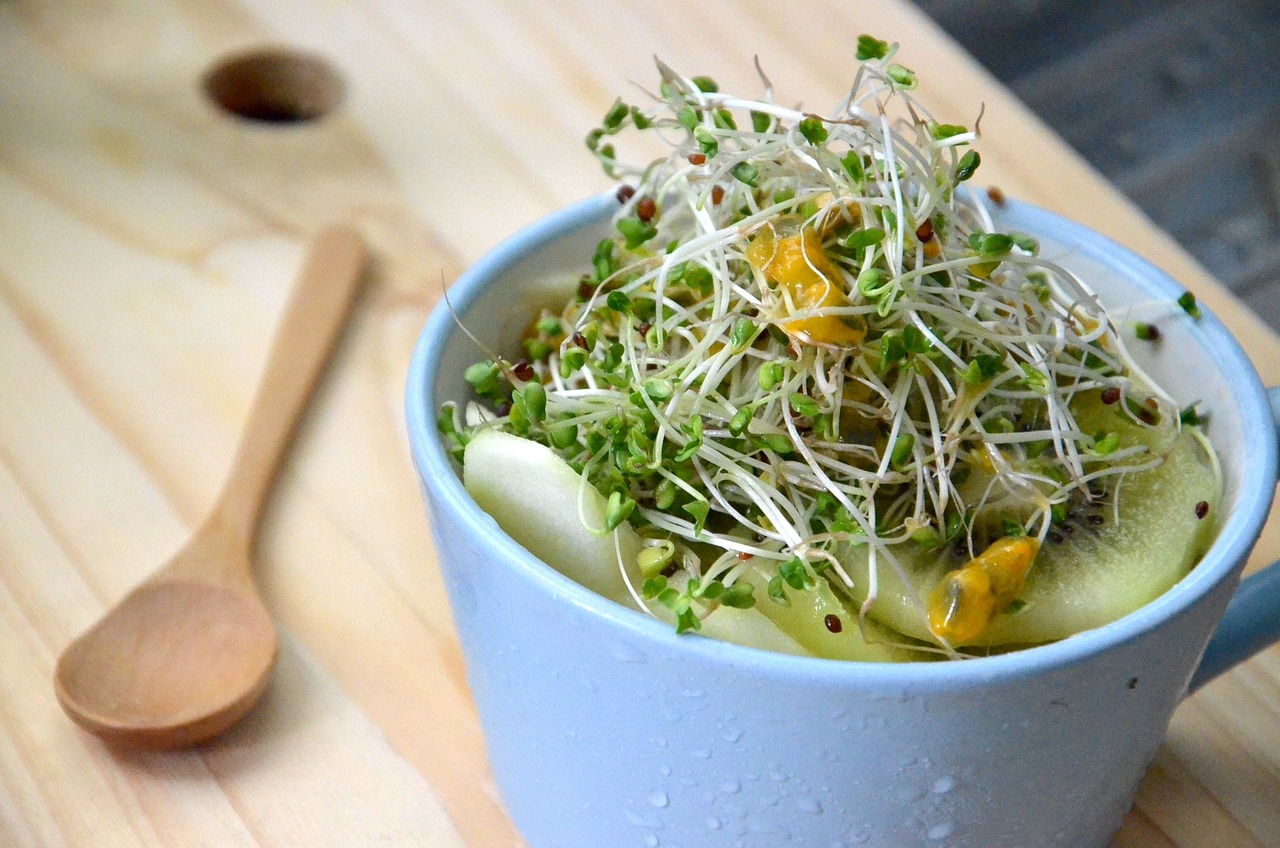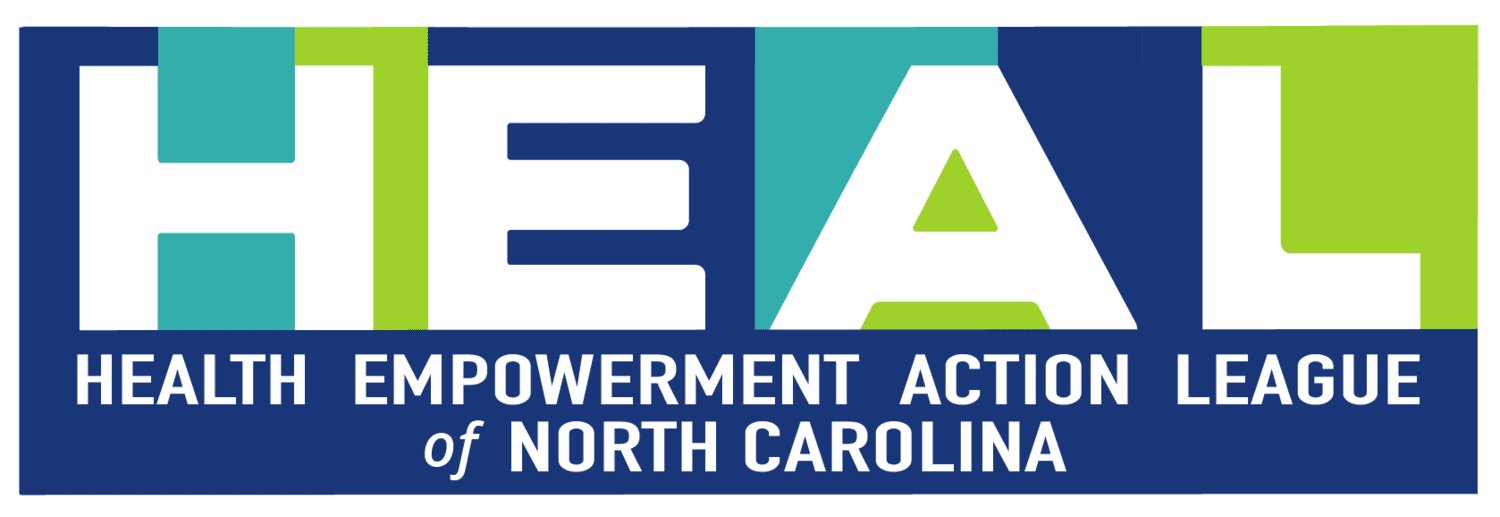Sulforaphane, Found in Broccoli, has Been Shown to Reduce the Risk of Cancer
Sulforaphane, Found in Broccoli, has Been Shown to Reduce the Risk of Cancer

By Sharyn Fuller, www.HEALNC.net columnist
The body is made up of trillions of human cells, which grow, divide, and multiply as needed. If and when a cell gets old or damaged, the immune system sends out signals causing it to terminate. It then collapses (apoptosis) and gets replaced.
Sometimes, however, something goes wrong when cells are dividing, and they become cancerous, causing disruptions to the normal cellular process. Inherited tendencies and outside sources – such as smoking, excessive sun exposure, etc. – have long been identified as potential culprits for causing cancer.
Once cancer cells take control, they can negatively affect the DNA in a cell’s nucleus, causing mutations of many kinds. They can also send out prohibitors to disrupt apoptosis, which then allows unhealthy cells to keep growing, often into tumors that can cause an early and sometimes painful death to its human host.
Since 1946, five billion dollars have been invested into cancer research. Yet, in 2020, ten million people died of cancer. In 2021, 55 million lives were touched by it. There are 18 million cancer survivors today, with approximately 1.8 million new cases diagnosed every year.
Not only does our body take a grave hit from having cancer, but so does our wallet. Out-of-pocket expenses for treatments total more than 5.6 billion dollars a year. The total individual costs for the year following a cancer diagnosis range from $42,000 to one million dollars, with the average being $150,000. Alarmingly, the combined total costs of cancer care in the US are expected to grow to 246.6 billion dollars a year by 2030.
But what if there was something we could do to protect ourselves? And what if, when someone did receive a diagnosis of cancer, there was something helpful they could do in addition to merely depending on traditional methods, which do not always work and have dreadful side effects?
Study after study has come to the conclusion that eating plant foods have an astonishingly positive effect in reducing one’s risk of cancer and other chronic diseases. Dr. Surampudi recommends 5 servings of vegetables and 2 servings of fruit as an ideal amount to eat on a daily basis to serve this purpose.
However, cruciferous vegetables, such as arugula, broccoli, brussels sprouts, cabbage, cauliflower, chard, collard greens, and kale, have come to the forefront as being superior, due to their actual anti-carcinogenic properties.
The reason is this – when chopped or chewed, all cruciferous vegetables (named such because their four-petal flowers somewhat resemble a crucifix, or a cross) release a phytochemical compound called sulforaphane. And hundreds of studies (dating back to as early as 1997) all provide evidence that sulforaphane can not only prevent, but can treat various chronic diseases. A study from the Beth Israel Deaconess Medical Center discovered cruciferous vegetables can inactivate a vital gene that plays a role in cancers (by interfering and reversing genetic modifications caused by mutant cells), and other research has shown they can not only treat various forms of cancer, particularly breast, but also increase the effectiveness of traditional cancer treatments.
But one of these vegetables – broccoli – seems to have more of this plant compound than the others in the cruciferous category. And it gets better – 3-4 day old broccoli sprouts have 10-100 times more sulforaphane than the mature broccoli plant.
The studies regarding this amazing phytonutrient are piling up. According to one done in Dec. 2023, “sulforaphane is a compound that could result in cancer cell apoptosis (programmed cell death), reduce inflammation, inhibit angiogenesis (forming new blood vessels from existing ones), reduce cancerous cell invasion and spread, lower susceptibility to cancer-causing substances, and increase certain detoxifying enzymes in the liver.”
Triple-Negative breast cancer (TNBC) is the most difficult type of breast cancer to treat – not a single treatment has as yet been shown to be effective. But a team in 2010 found sulforaphane to inhibit cancer stem-like cells in mice who had TNBC. The authors of another study in 2019 concluded that, “findings indicate that sulforaphane suppresses mammary tumor development in a TNBC animal model…collective results in this study suggest that the use of sulforaphane for chemoprevention of TNBC is plausible.”
There have been numerous studies also concluding that besides inhibiting cancer cell growth, sulforaphane has been shown to lower cholesterol levels, improve insulin sensitivity, improve liver function, protect the eyes and brain, and have a generally positive effect on the entire immune system.
Research on this phytonutrient has been conducted all around the world. A study in Iran focusing specifically on broccoli sprouts produced statistically significant effects on improving insulin sensitivity in diabetics using only 5 grams of broccoli sprouts per day for 4 weeks. Researchers from the Czech Republic published a paper stating sulforaphane has shown to be able to reduce symptoms of autism.
Sulforaphane and its cancer-effective potential has been a hot topic for years now. It will be interesting to see when and how the medical community will respond to all the research. Signs are appearing – the MD Anderson Cancer Center (associated with the University of Texas) posted information about the benefits of sulforaphane on their website in April 2020.
In the meantime, broccoli sprouts are sold in many grocery stores, and growing broccoli sprouts is inexpensive and easy to do (similar to growing alfalfa sprouts). So why not consider adding them to your diet? And at the very least, try to increase your consumption of cruciferous vegetables. The best way to eat all cruciferous vegetables is raw or slightly cooked, since heat reduces the protective chemicals, and to chew them thoroughly, as that is how the sulforaphane releases into your system.
Be empowered by taking control of your health!
THIS WEBSITE IS NOT INTENDED FOR PROVIDING MEDICAL ADVICE
